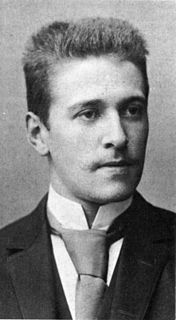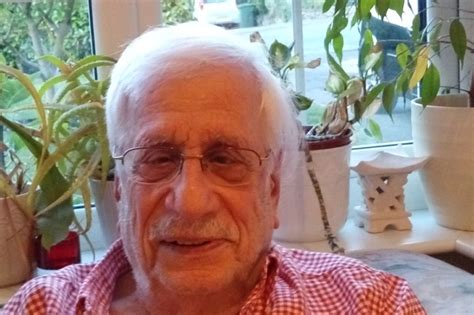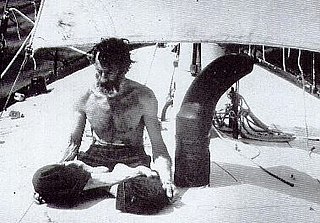A Quote by Hugo von Hofmannsthal
Nothing becomes reality in the political life of a nation that was not present in its literature as spirit.
Quote Topics
Related Quotes
We are deceiving ourselves if we believe that a literary work written and published in a country where 70 per cent of the population is illiterate, can change the political and social life of the country..it is up to political organization..and not to romantic literature.. to change the present situation.
The autobiographer looks at life through the lens of his or her own life and really uses herself or himself as the jumping-off place to examine the social mores and the economic and political climates. In a way, the autobiography becomes history as well as the story of one person, for it becomes the story of a family or the story of the state or nation.
Furthermore, it is not that Spirit is present but you need to be enlightened in order to see it. It is not that you are one with Spirit but just don't know it yet. Because that would also imply that there is some place Spirit is not. No, according to Dzogchen, you are always already one with Spirit, and that awareness is always already fully present, right now. You are looking directly at Spirit, with Spirit, in every act of awareness. There is nowhere Spirit is not.
I am a citizen of the most beautiful nation on earth, a nation whose laws are harsh yet simple, a nation that never cheats, which is immense and without borders, where life is lived in the present. In this limitless nation, this nation of wind, light, and peace, there is no other ruler besides the sea.
Books should confuse. Literature abhors the typical. Literature flows to the particular, the mundane, the greasiness of paper, the taste of warm beer, the smell of onion or quince. Auden has a line: "Ports have names they call the sea." Just so will literature describe life familiarly, regionally, in terms life is accustomed to use -- high or low matters not. Literature cannot by this impulse betray the grandeur of its subject -- there is only one subject: What it feels like to be alive. Nothing is irrelevant. Nothing is typical.
Tomorrow and plans for tomorrow can have no significance at all unless you are in full contact with the reality of the present, since it is in the present and only in the present that you live. There is no other reality than present reality, so that, even if one were to live for endless ages, to live for the future would be to miss the point everlastingly.
I think the spirit survives when we die, and nothing is wasted in nature and just as our material body disintegrates and becomes something else in the soil. The spirit becomes something else, reunites with a spiritual force that is out there in the universe. Not as individuals but as part of this spirituality.
Language can't describe reality. Literature has no stable reference, no real meaning. Each reader's interpretation is equally valid, more important than the author's intention. In fact, nothing in life has meaning. Reality is subjective. Values and truths are subjective. Life itself is a kind of illusion. Blah, blah, blah, let's have another scotch.
It is useful to remember that history is to the nation as memory is to the individual. As a person deprived of memory becomes disorientated and lost, not knowing where they have been or where they are going , so a nation denied a conception of the past will be disabled in dealing with its present and its future.
Christ and the life of Christ is at this moment inspiring the literature of the world as never before, and raising it up a witness against waste and want and war. It may confess Him, as in Tolstoi's work it does, or it may deny Him, but it cannot exclude Him; and in the degree that it ignores His spirit, modern literature is artistically inferior. In other words, all good literature is now Christmas literature.






































